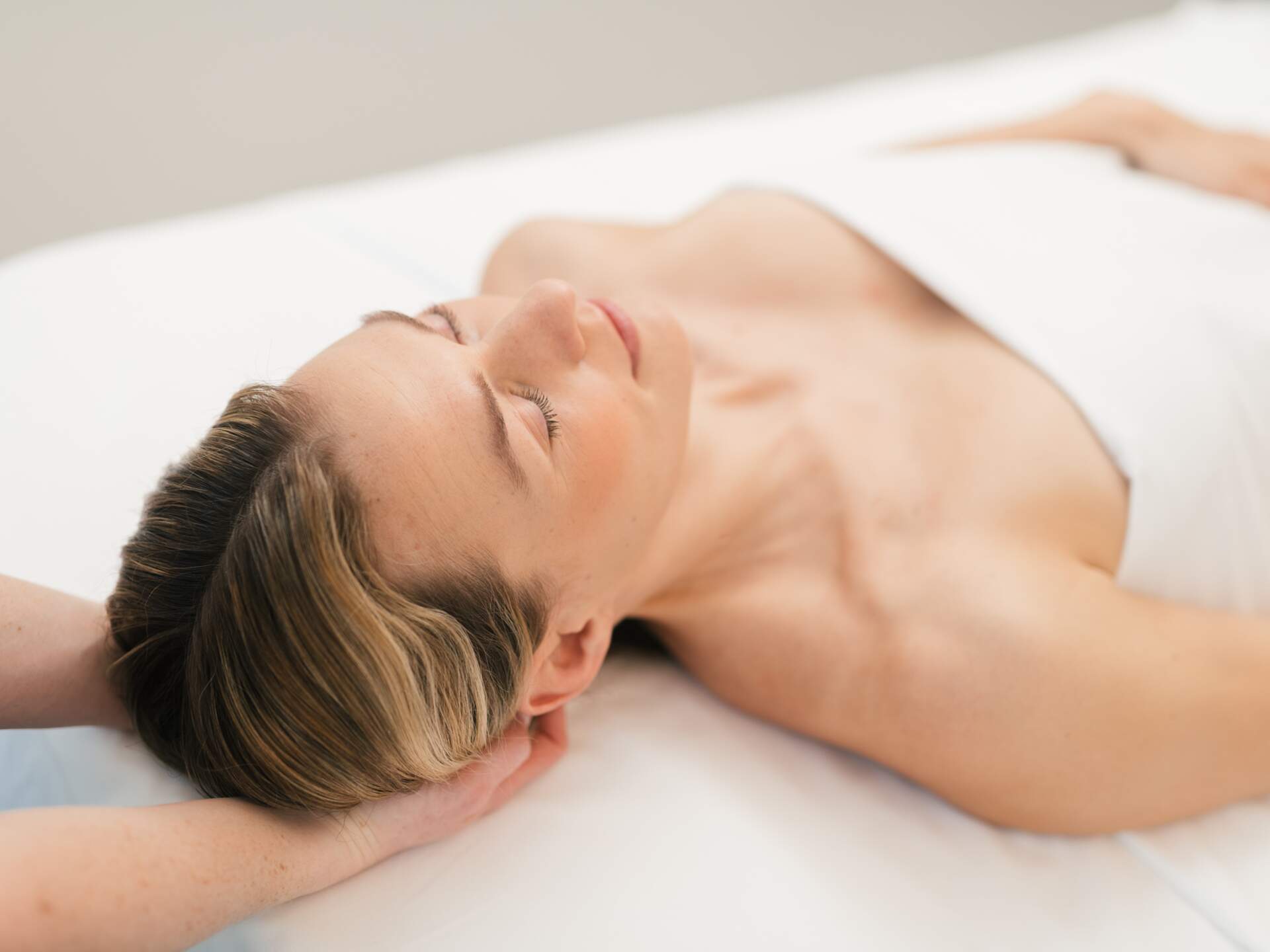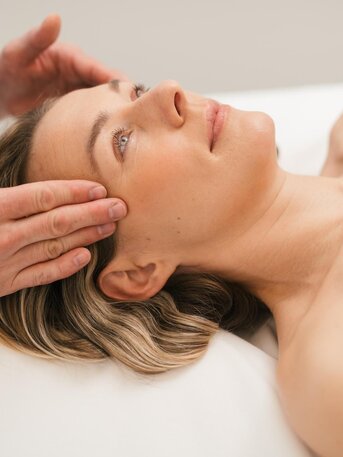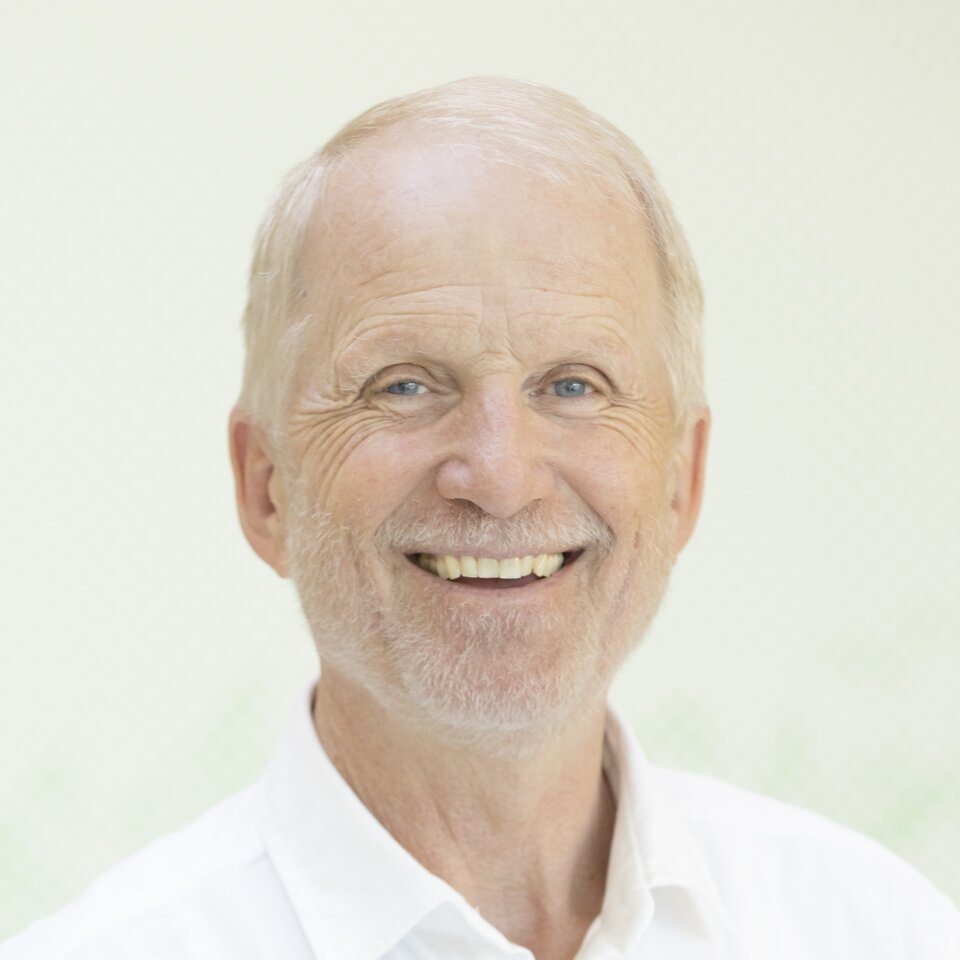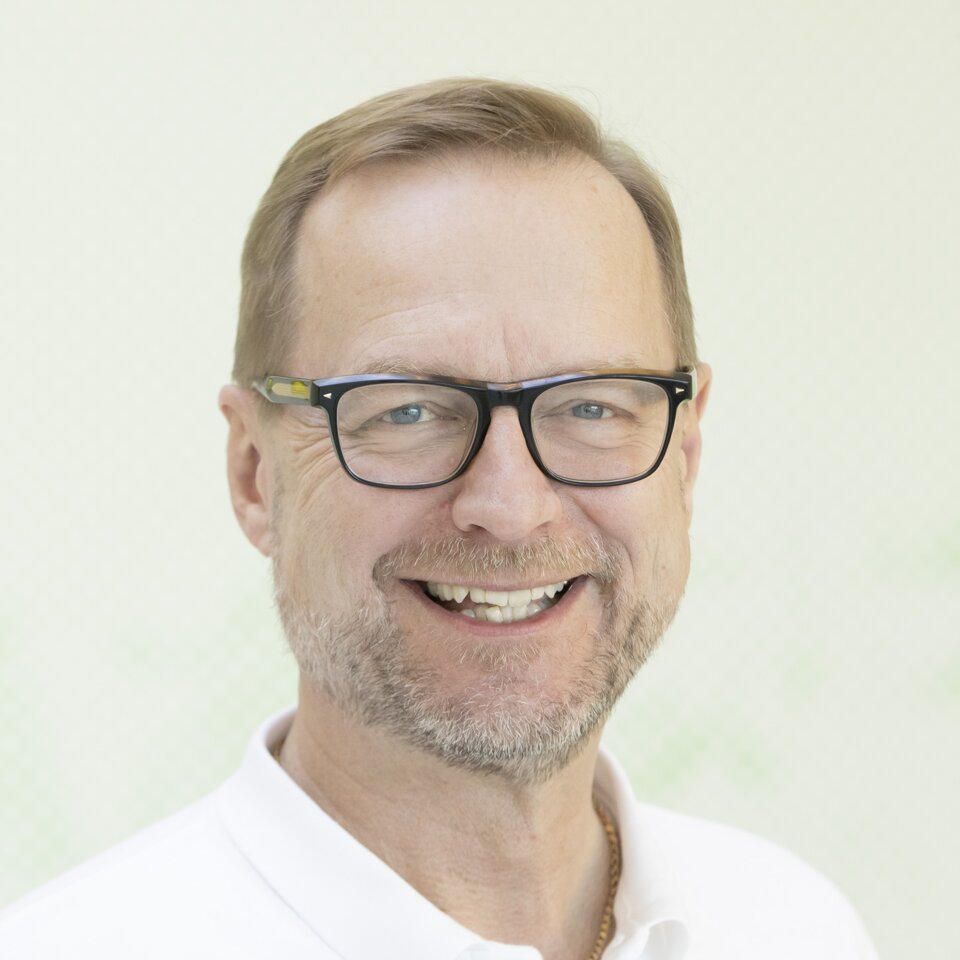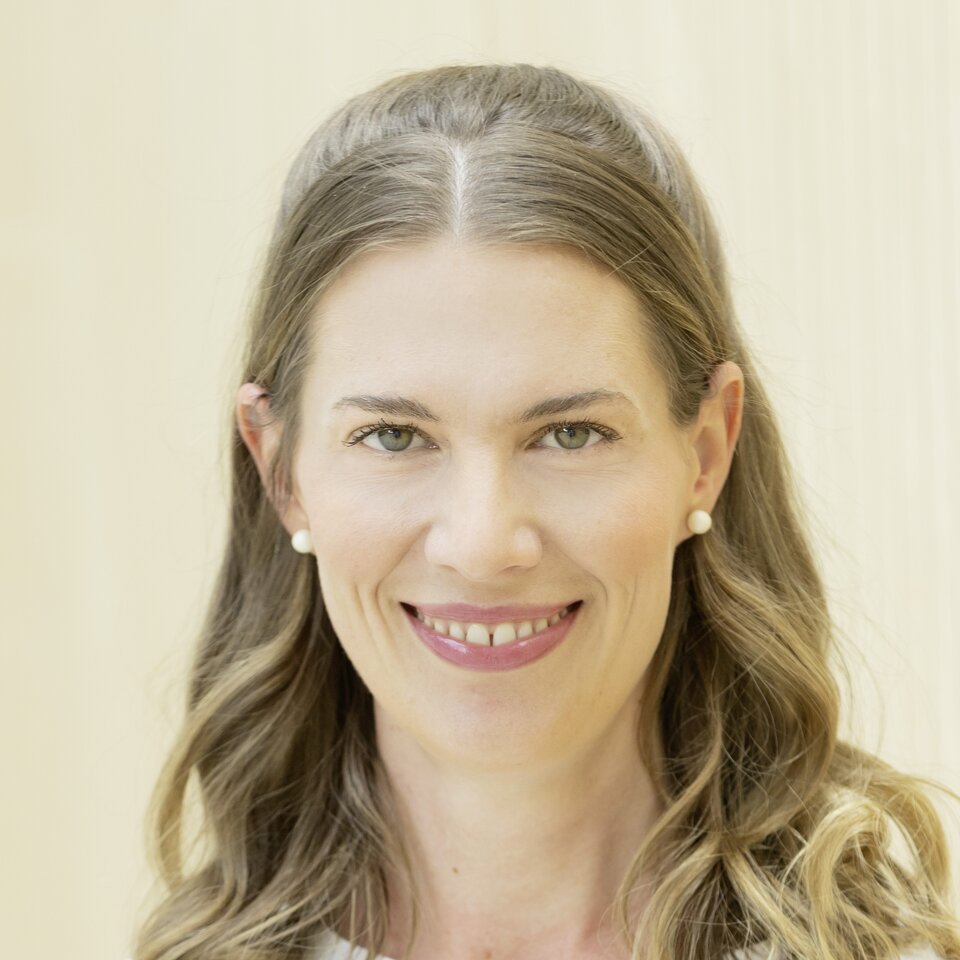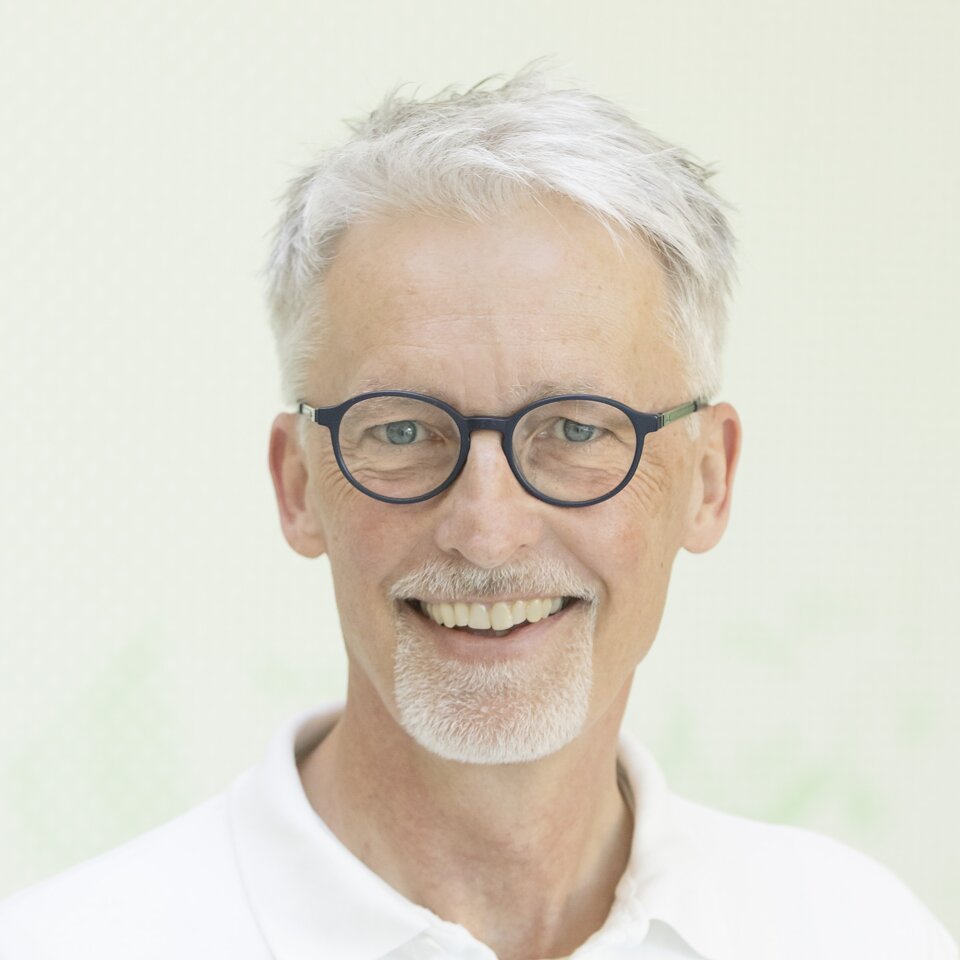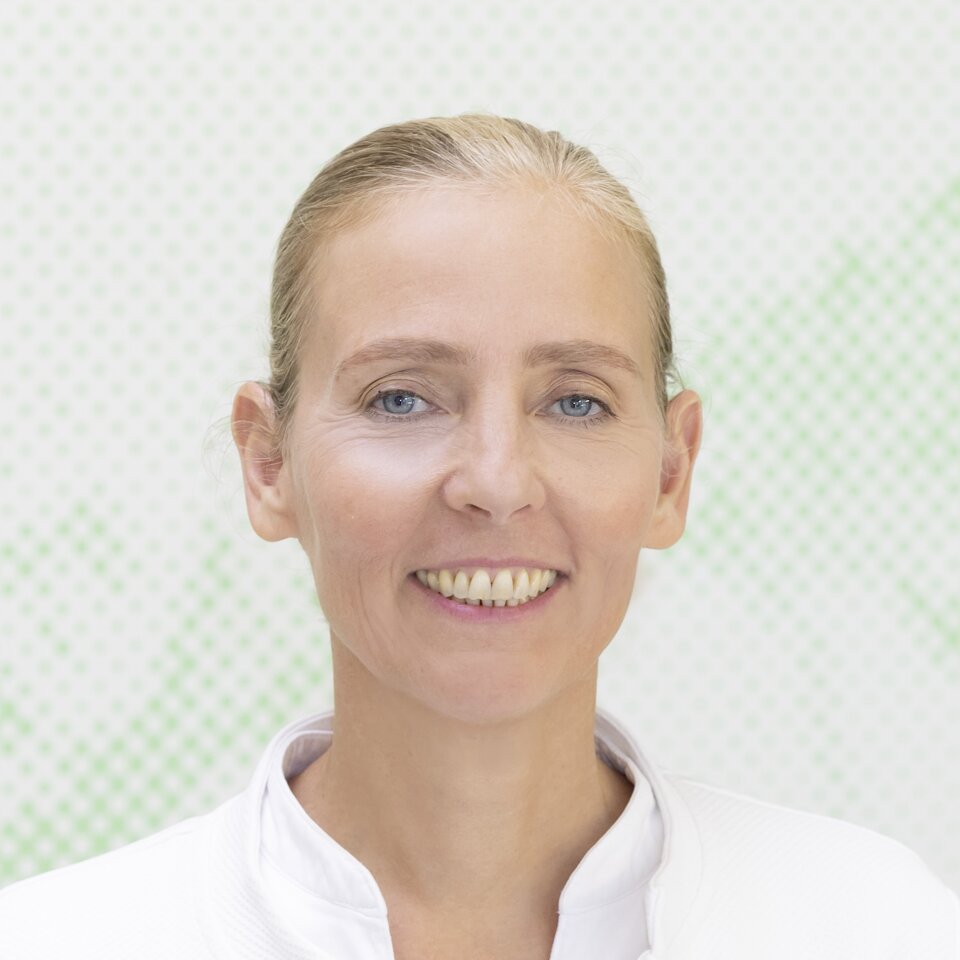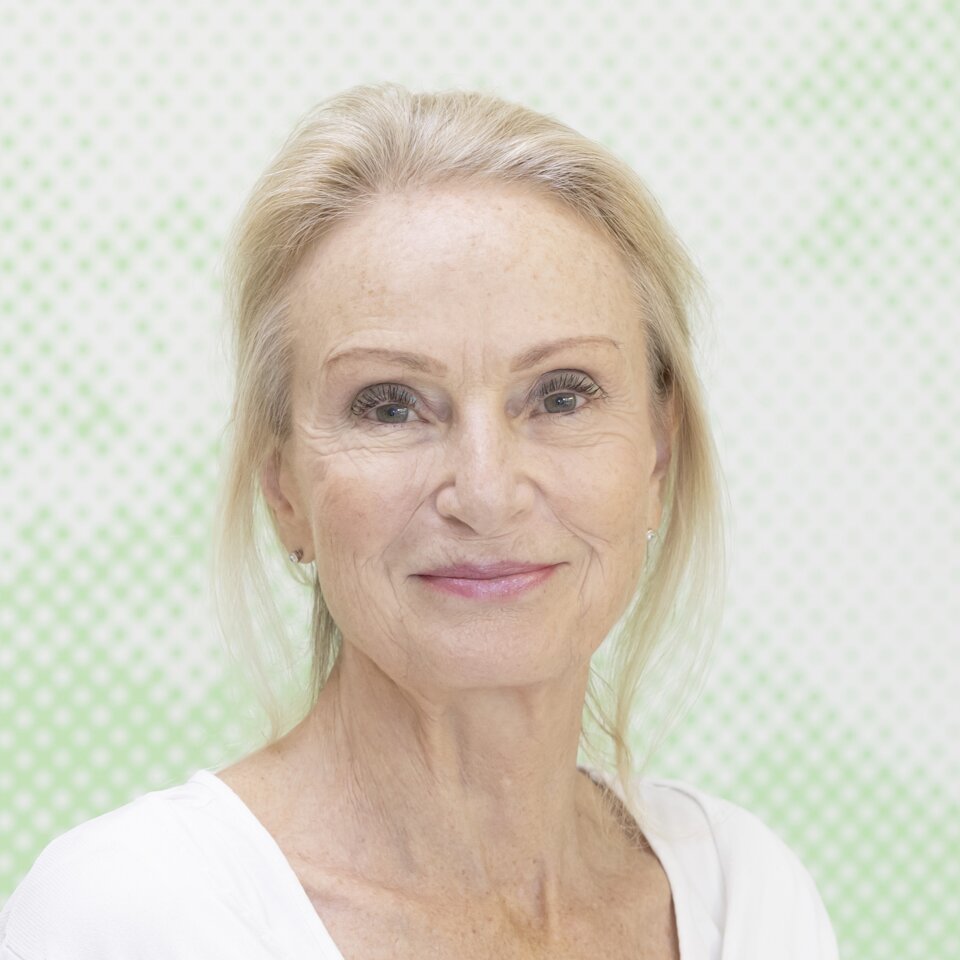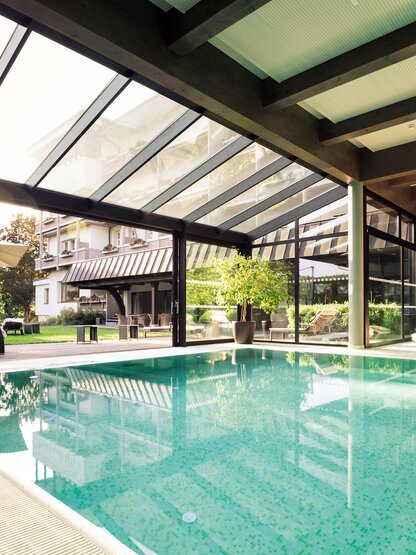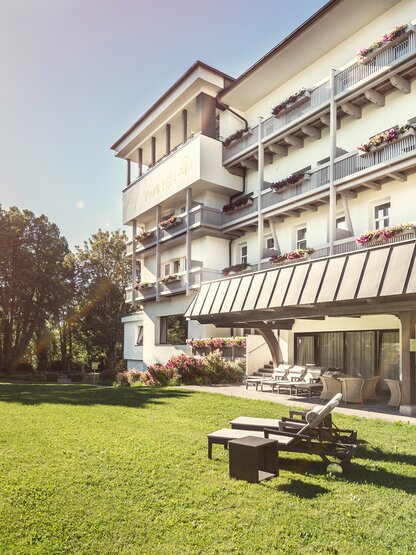Health retreat in Austria
Made-to-measure programmes for a better life
The carefully developed therapies, diagnostics and programmes at Park Igls help you choose a specific area of focus before you arrive for your stay with us. Upon arrival you will have a detailed consultation with one of our doctors to discuss your individual goals and how to achieve them. Ultimately, the aim is to offer you a retreat that will leave you feeling physically and mentally refreshed and ready to take on the challenges of the future.

Detox Classic

Detox Intensive

Physio Fit
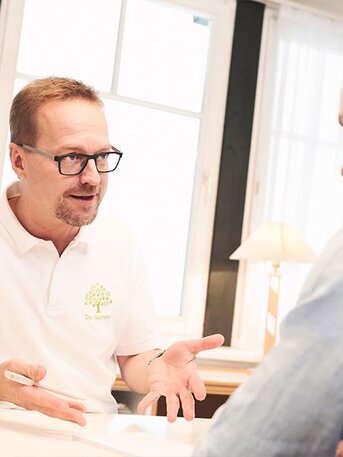
Detox Medical Check

Detox Short Break

Meno Chance

Fit not Fatigue

Immune Booster
What our guests are keen to know
We recommend a minimum stay of 10-14 days with one week of follow-up treatment at home. For the detoxification programmes using colon cleansing and intestinal cleansing to have the best possible effect, a stay of 3 weeks at Park Igls achieves the best results. Unfortunately, there is no one-off quick fix for a lasting change in your body and health. Instead, sustainable change requires regular investment, the value of which you will see over the course of your lifetime.
Private health insurance companies normally cover at least part of the cost. The exact conditions vary depending on the insurance. We recommend guests bring a prescription from their family doctor with them when they come to the hotel. Park Igls will issue an invoice for the duration of the stay, which you can then submit to your health insurance provider.
We recommend that you arrive on a Sunday. This means the health check with your doctor can be carried out on Monday. Even if you arrive on Saturday, your programme will not start until Monday. Please be aware that no medical services are available on Sundays.
No, you do not have to make a binding decision in advance. The final decision will be made during the initial examination with your doctor. However, the Detox Intensive variant will be booked in advance even without a decision for a specific programme in order to ensure treatment times are reserved for you.
Park Igls is much more than a classic spa hotel. While the term spa hotel and spa retreat is usually limited to holidays in hotels with beautiful pools, saunas and massages, here at Park Igls we follow first and foremost a medical approach with holistic diagnostics and therapy. Of course, there is also room for rest and relaxation in the spa area at Park Igls. However, regeneration is only one of the four pillars for a healthier life. And it offers the most support when it is specifically linked to the other pillars of nutrition, exercise and medicine.
High-level expertise. All of our programmes are guided and supported by highly experienced doctors who, in addition to their specialist medical training, are also certified and examined Mayr doctors and have expertise in nutritional medicine. Our health psychologists, physiotherapists, sports scientists, therapists and masseurs on site also have a high level of professional skill and experience.
Our team of doctors
Medical expertise at Park Igls
Please give us a call or send us a mail. We will be very happy to help.


